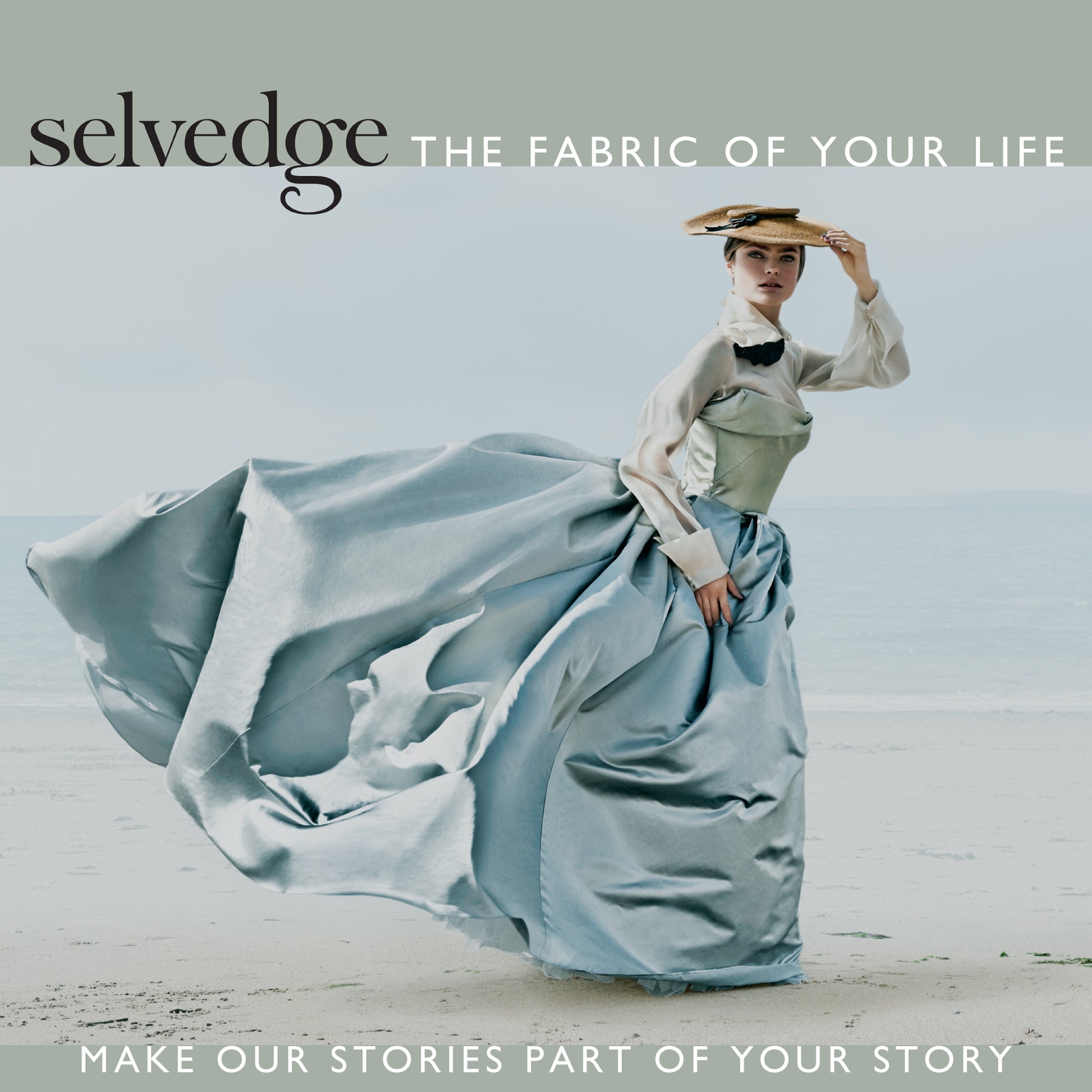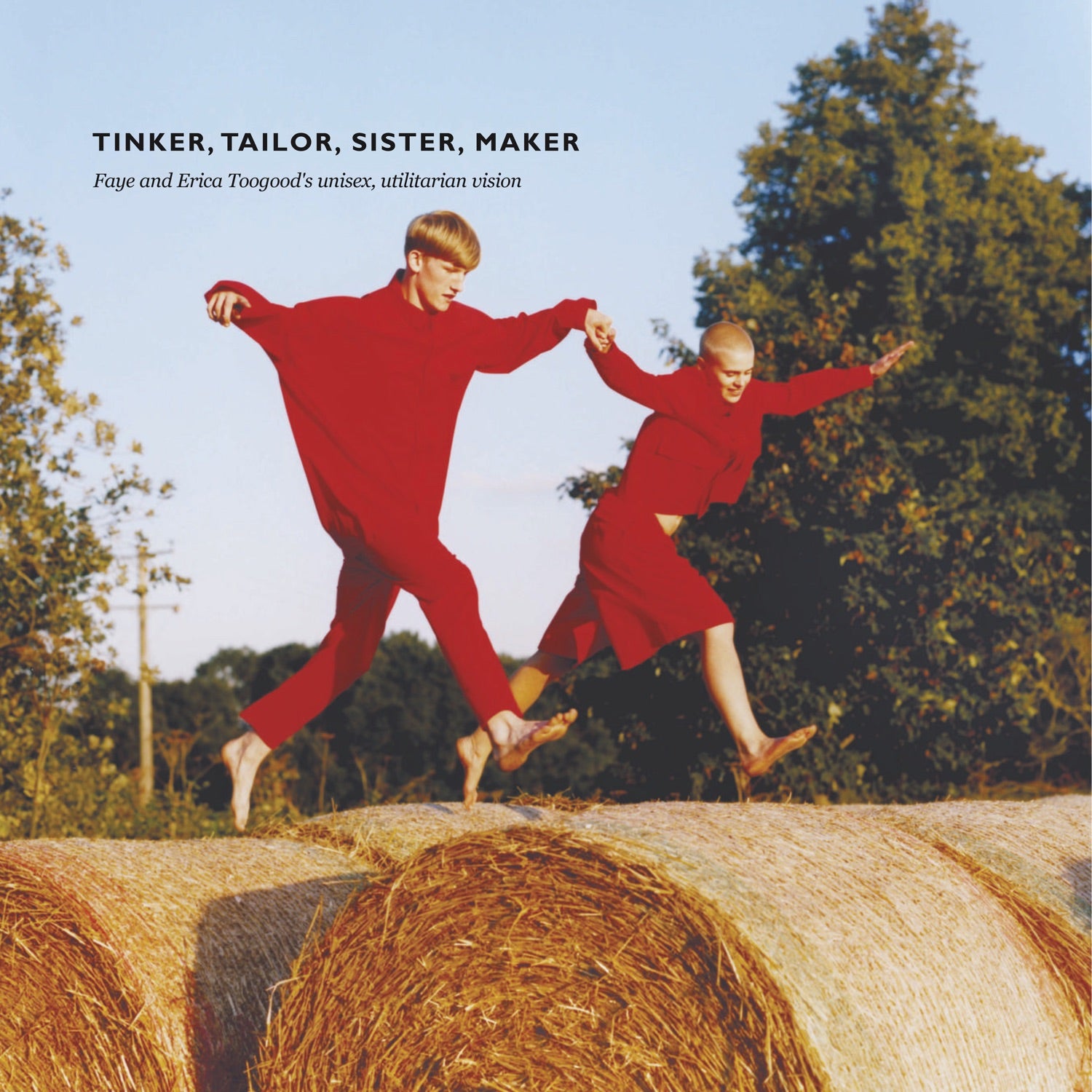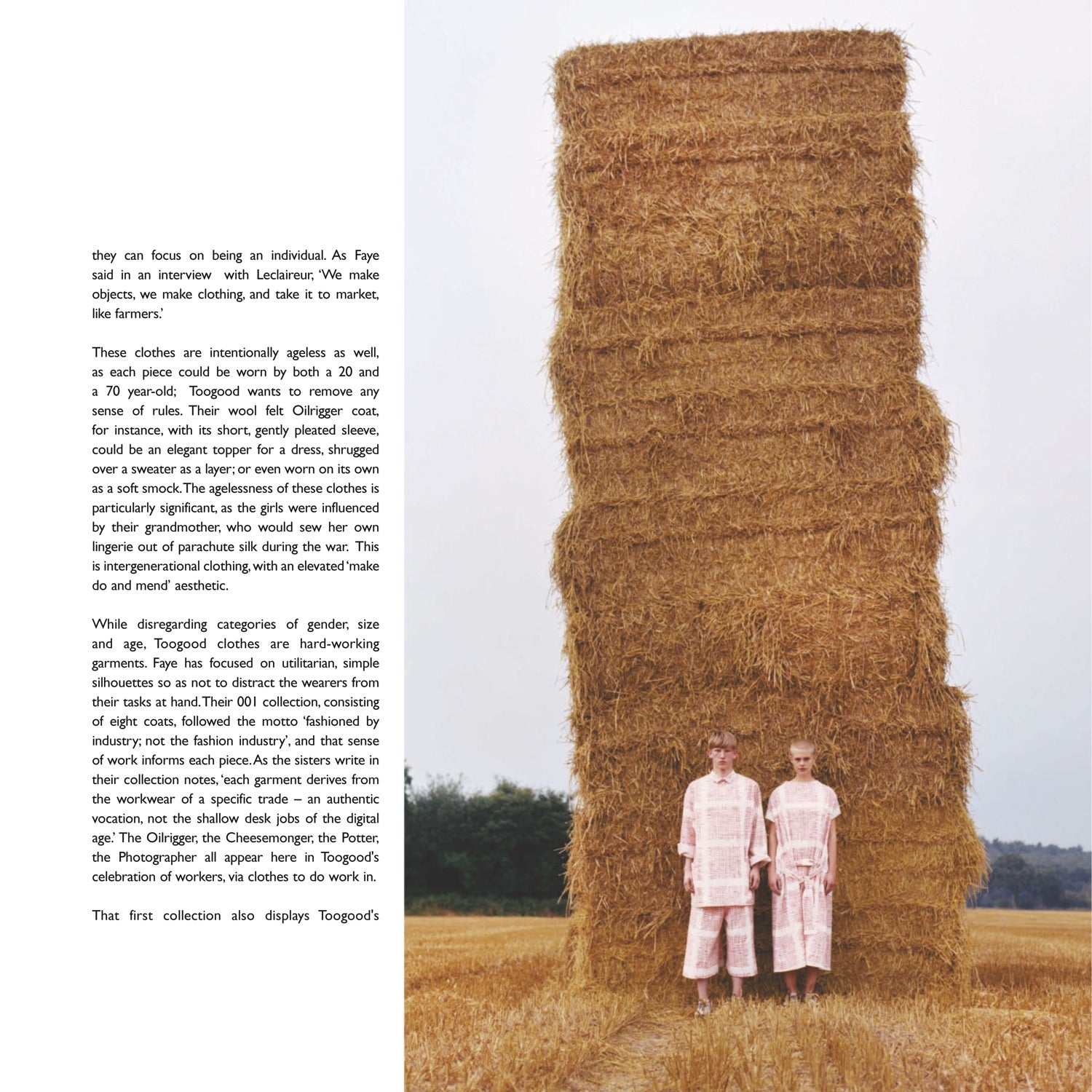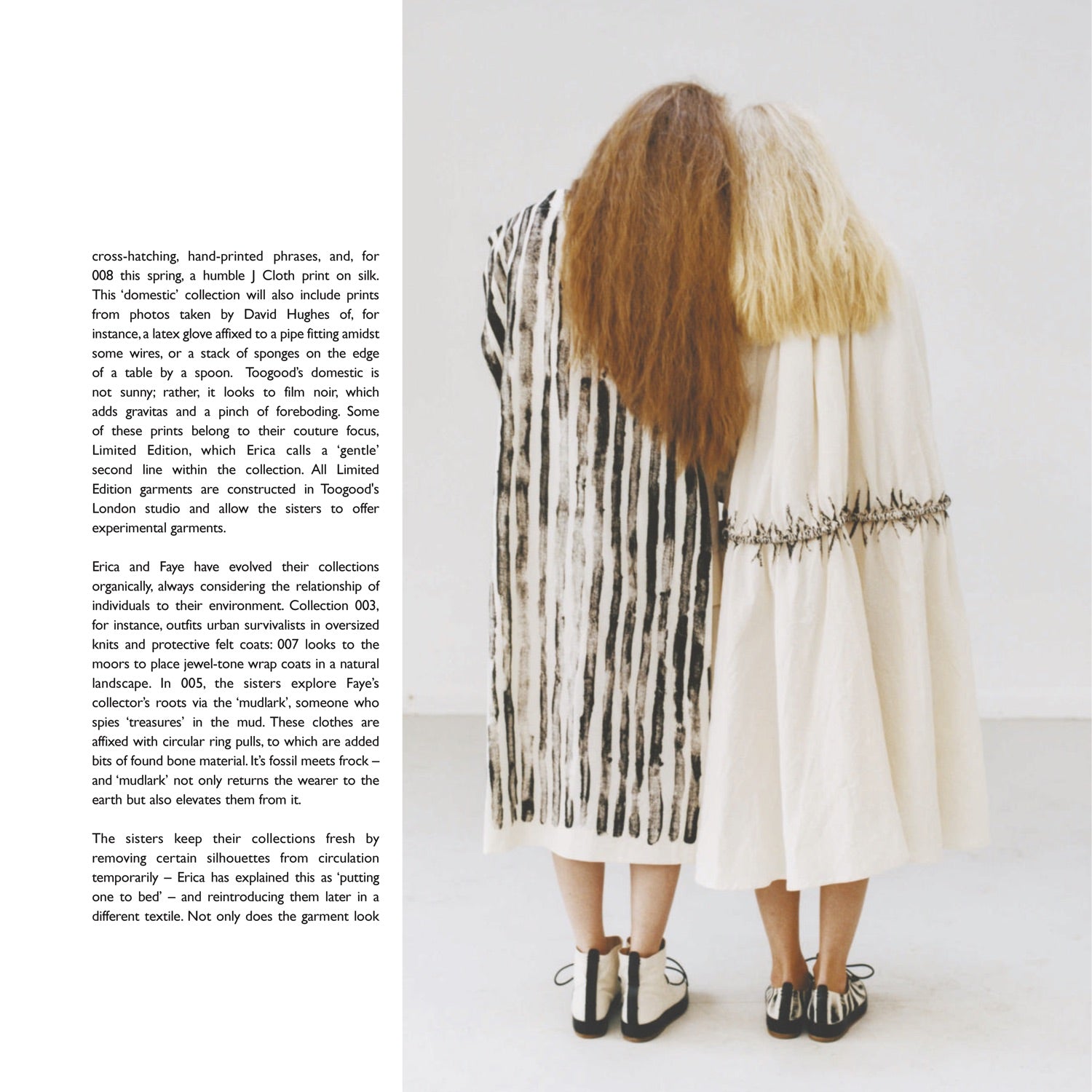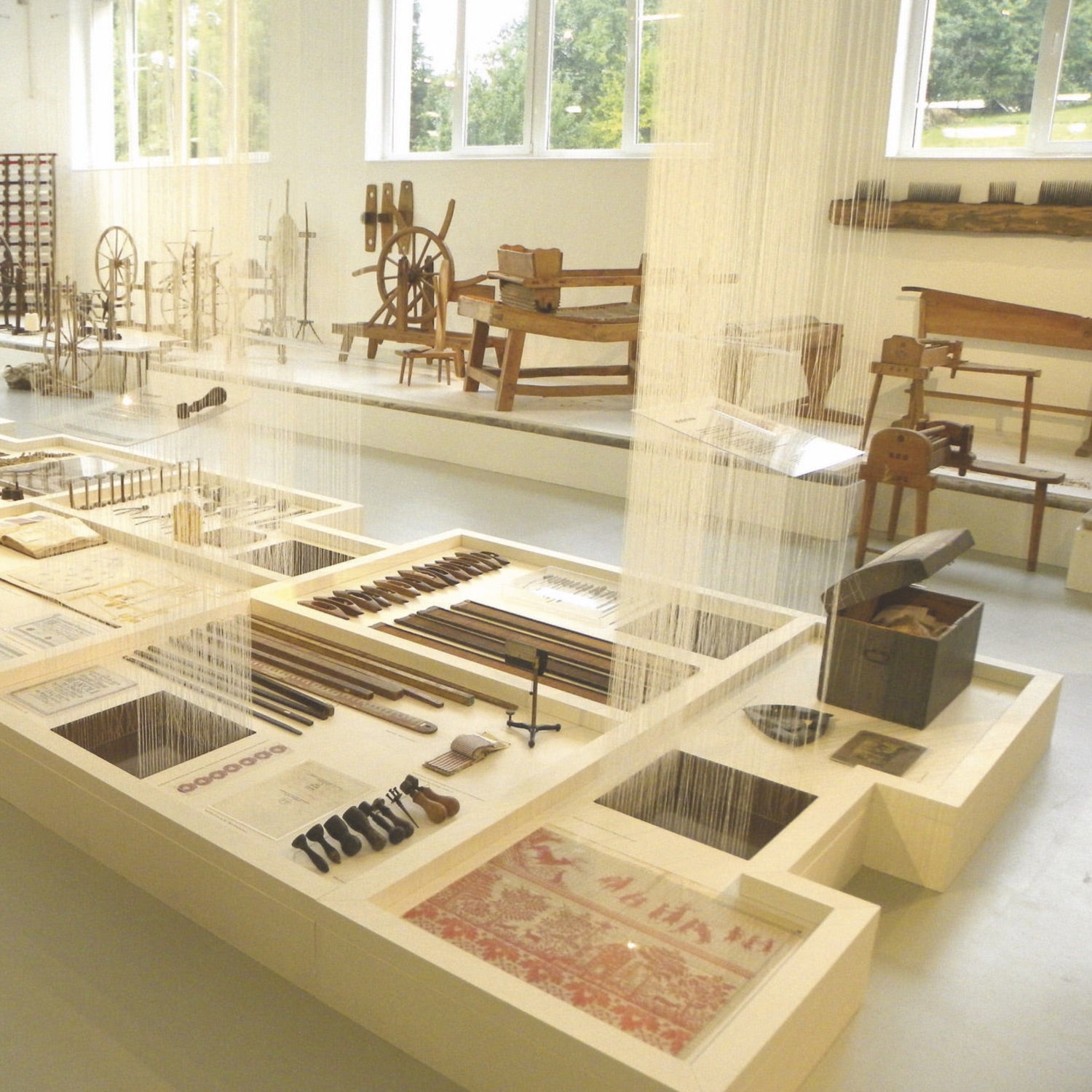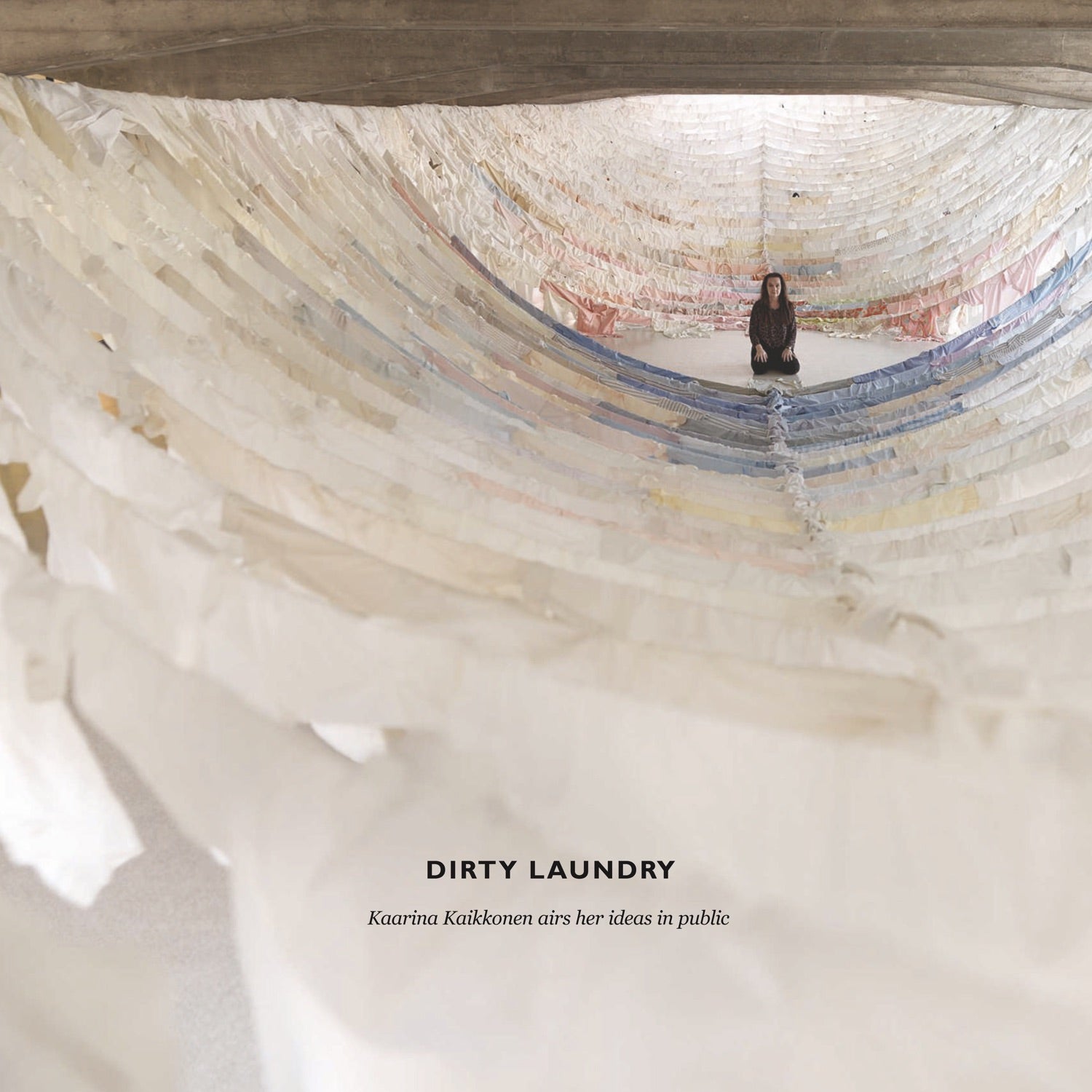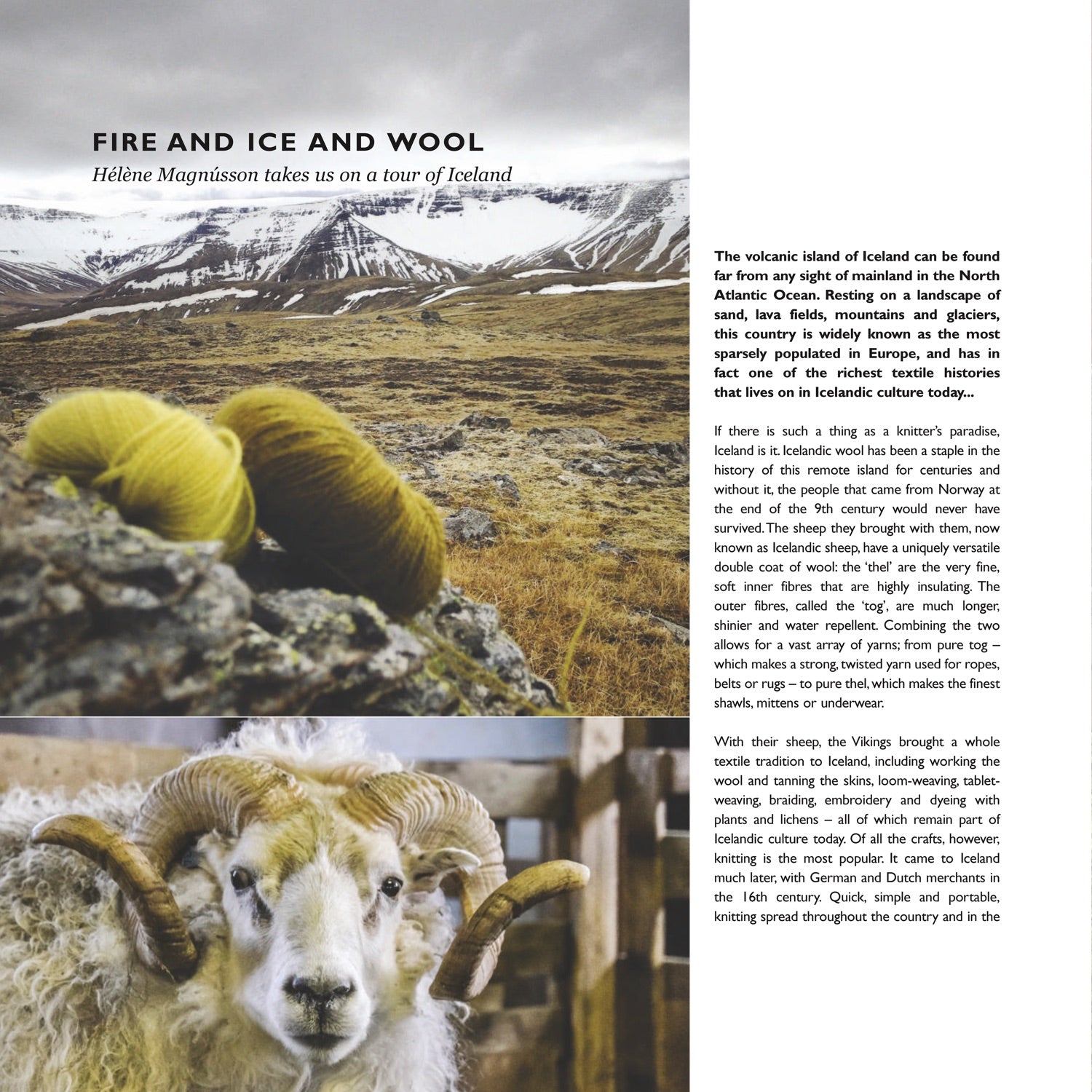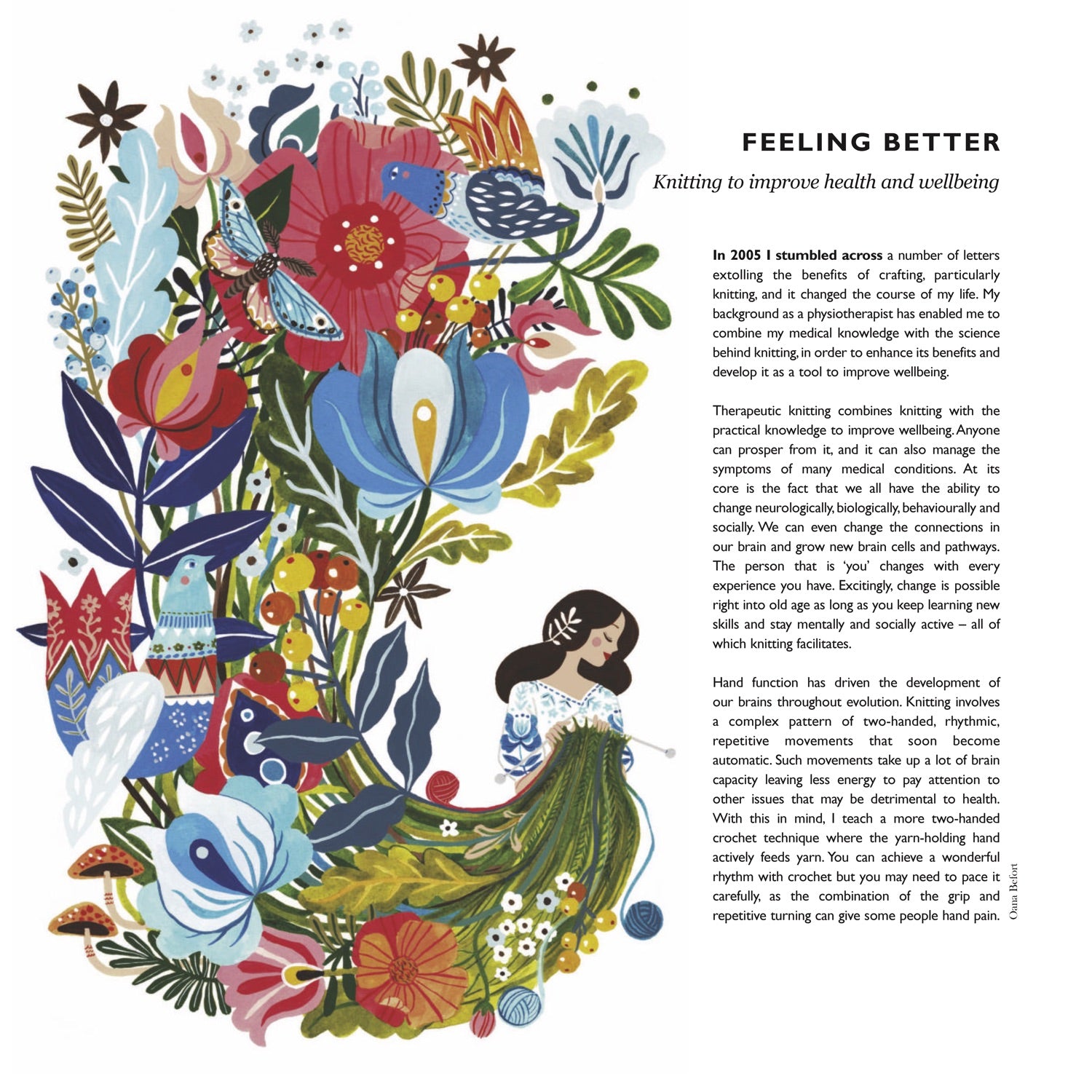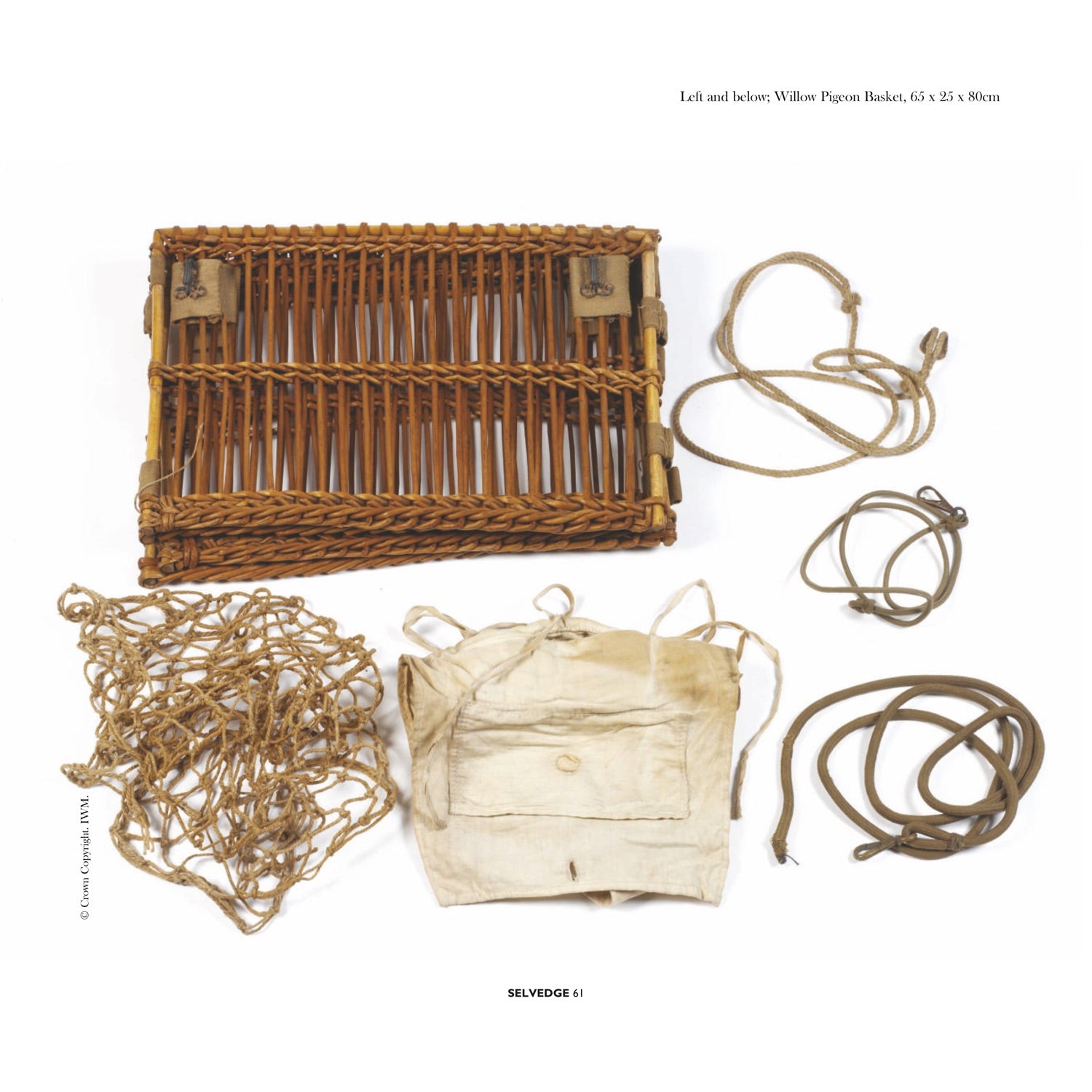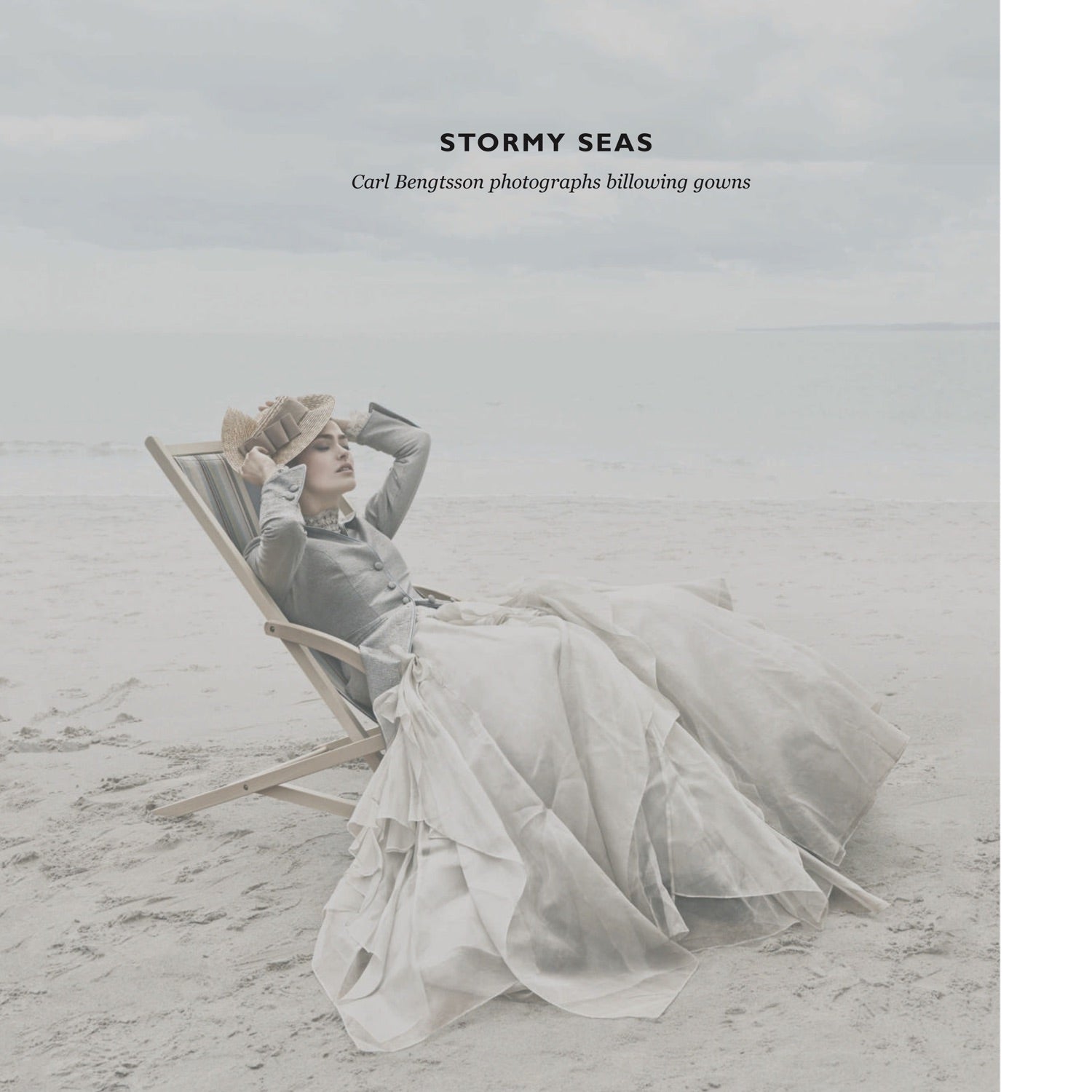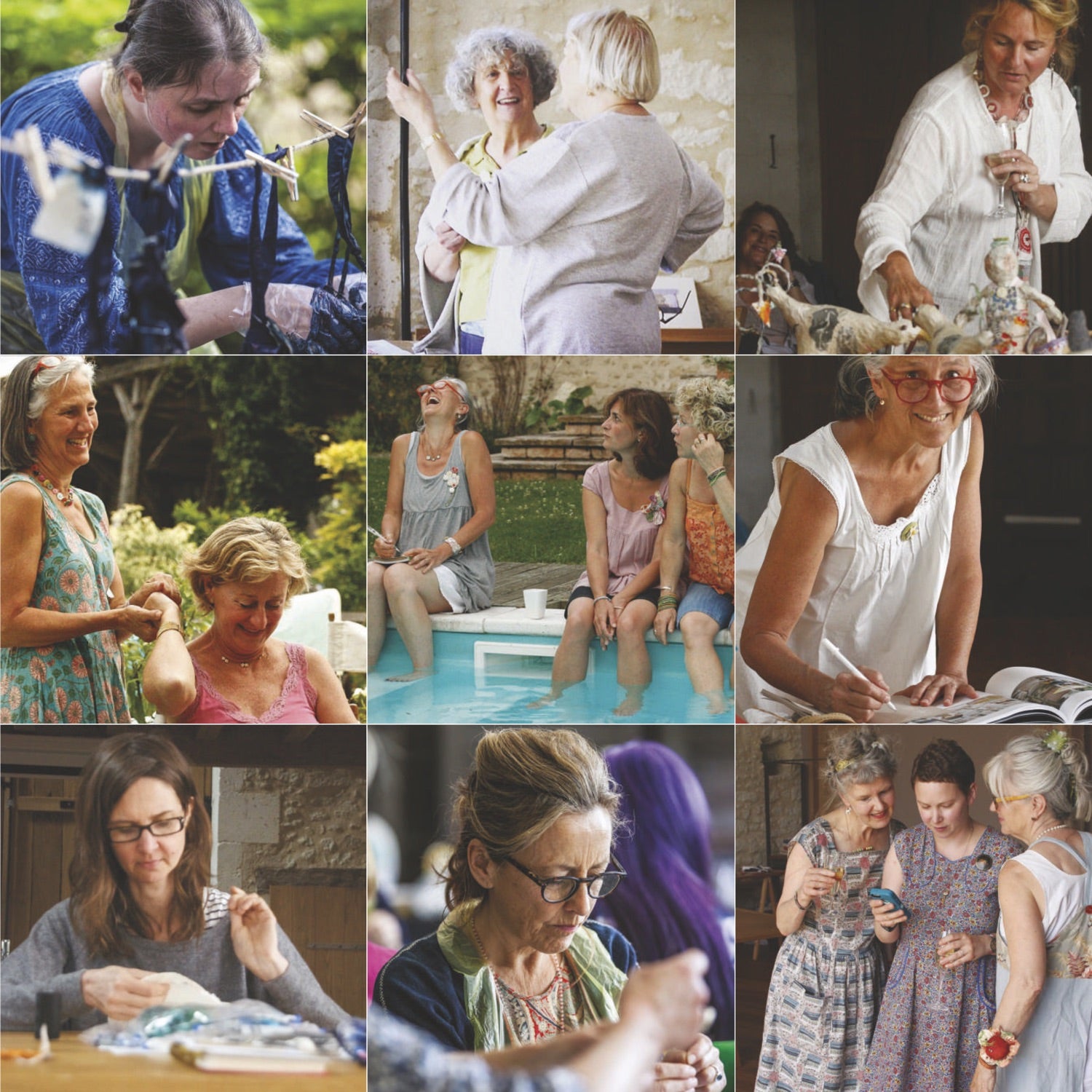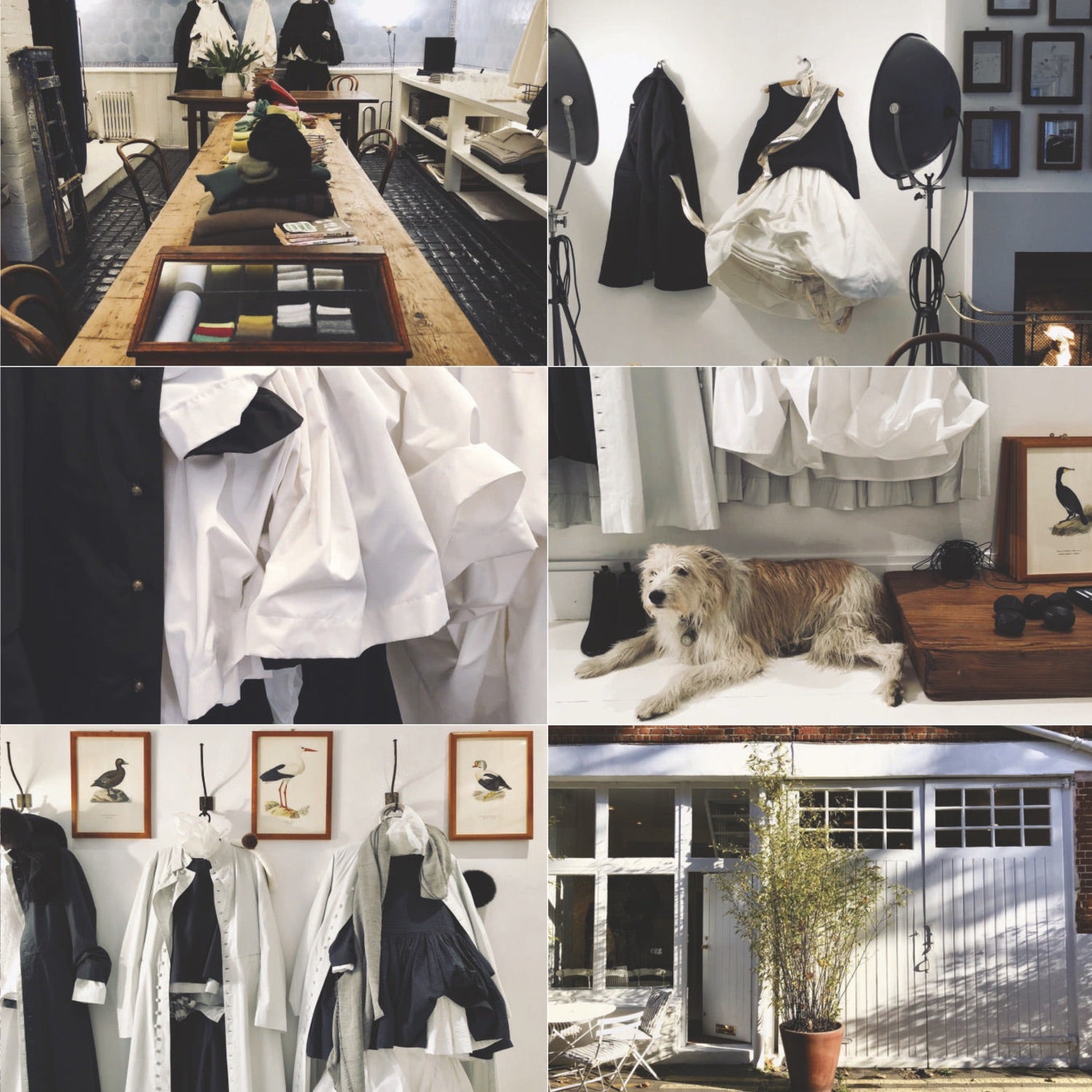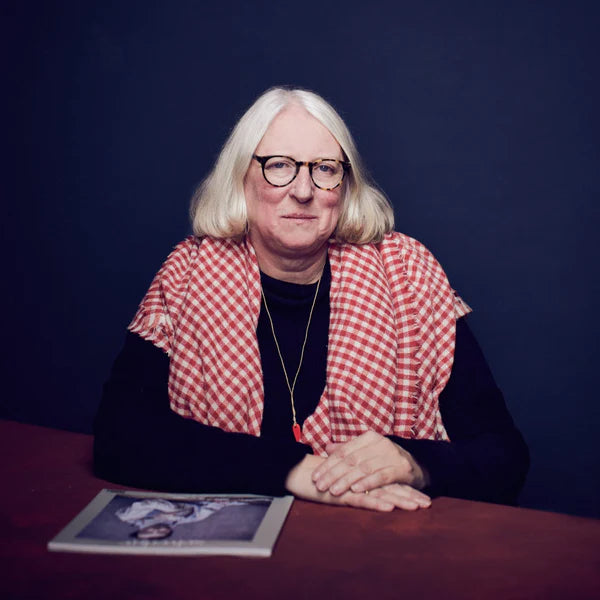Issue 80 Craft
Selvedge Magazine
Couldn't load pickup availability
January / February 2018
80 The Craft Issue
Industry and endeavour
"What a thrill to be invited to the House of Lords. Amid high security, I witness the unveiling of the Radcliffe Red list, sponsored by the Heritage Craft Association and the Radcliffe Trust (of Oxford’s Radcliffe Camera). The list identifies which crafts are viable, endangered, critically endangered and extinct in the UK, listing hand stitched cricket ball manufacturing and wooden lacrosse stick making as extinct. As someone who spends most Saturday afternoons shivering on the side-line of a lacrosse pitch I can vouch for the game being very much alive. The list begs the questions; should we artificially keep alive crafts that are no longer economically viable? And is intangible heritage as valuable as tangible heritage?
Unlike cricket balls and lacrosse sticks, basketry is categorised as viable – and I wonder if that is because it has evolved with the changing times. Hilary Burns introduces us to the suprising role basket making played in World War One: not only in the mass production of shell baskets, but also in the development of occupational therapy for the rehabilitation of wounded and shell-shocked soldiers. Today the link between health and craft skills is powering a resurgence of interest in skill acquisition: and judging by the number of courses around – a phenomenon investigated in this issue by Amelia Thorpe – the trend is just going to run and run.
There is a flip side to this too: it has in a way devalued the very skills we acknowledge as important. My daughter who plays lacrosse also studies art, and commented on the lack of skills amongst her peers compared to those studying music, where their proficiency is demonstrated by the aquisition of the Associated Board of the Royal Schools of Music grade qualification (part of the UCAS tarif). This requires half an hour of one to one tuition once a week and half an hour a day practice at home. By venturing to Iceland where craft is ingrained into the eduction systems, and as a result a vital part of the culture, we can imagaine what would be possible if we had something like this for craft in the UK." Polly Leonard, Founder, Selvedge Magazine
Share
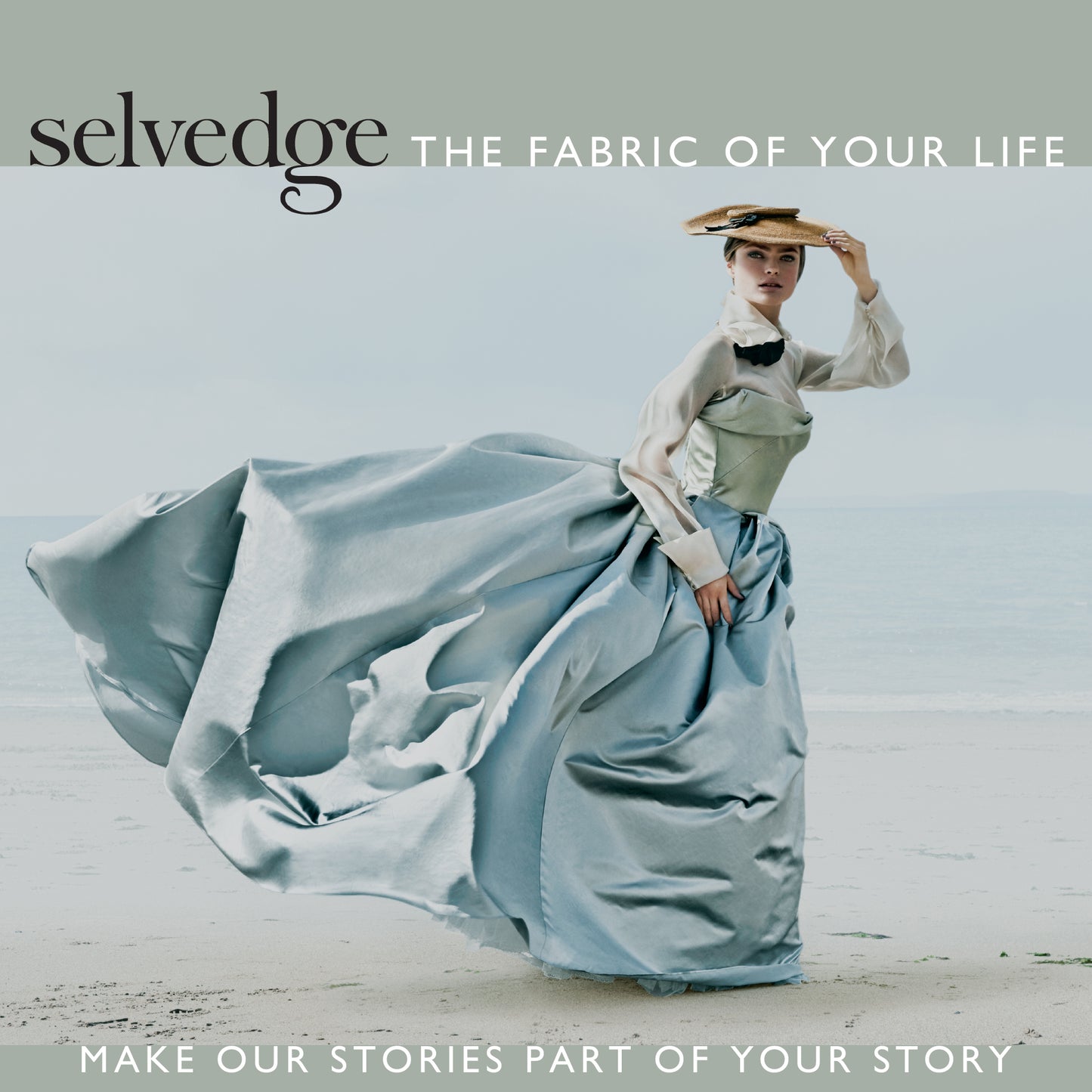
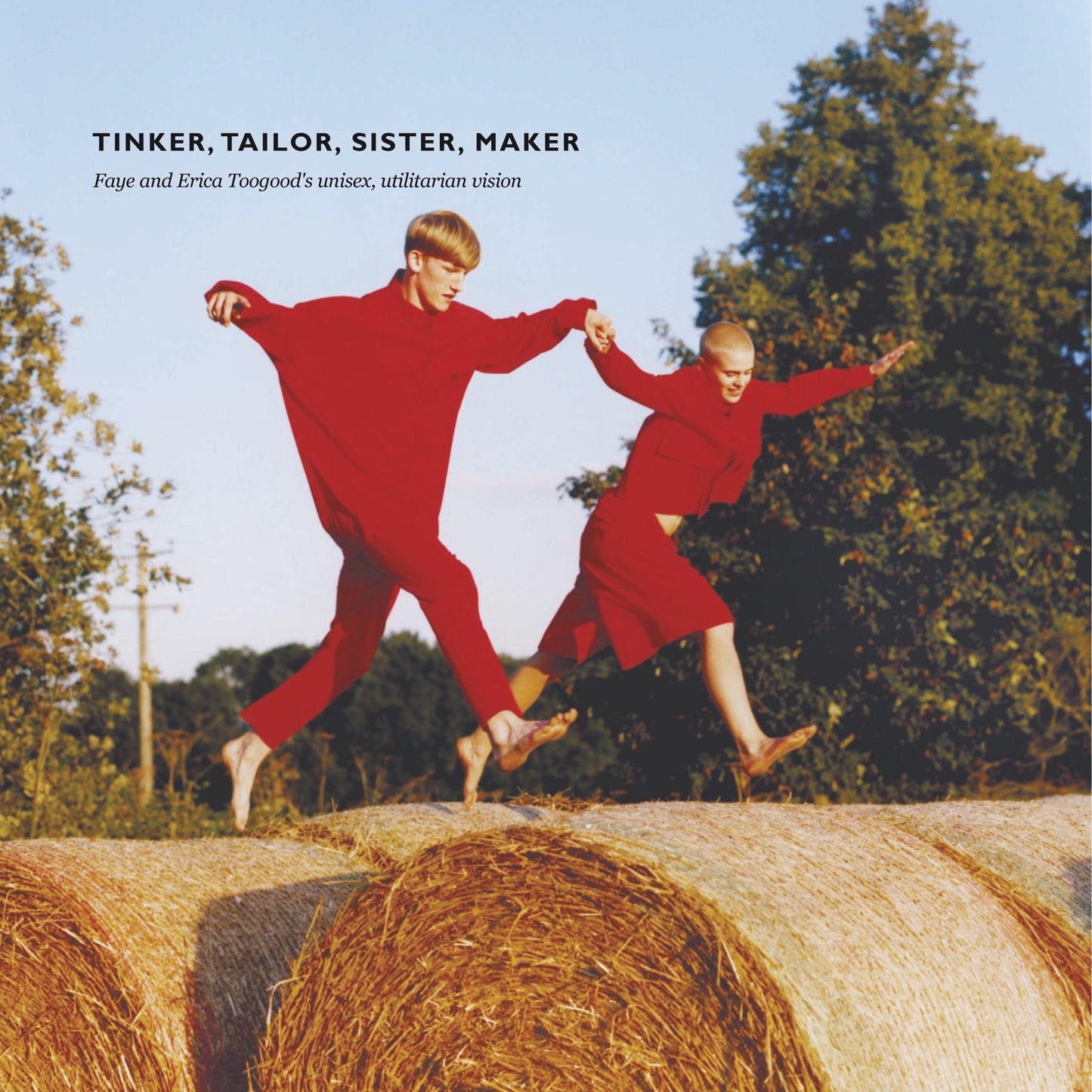
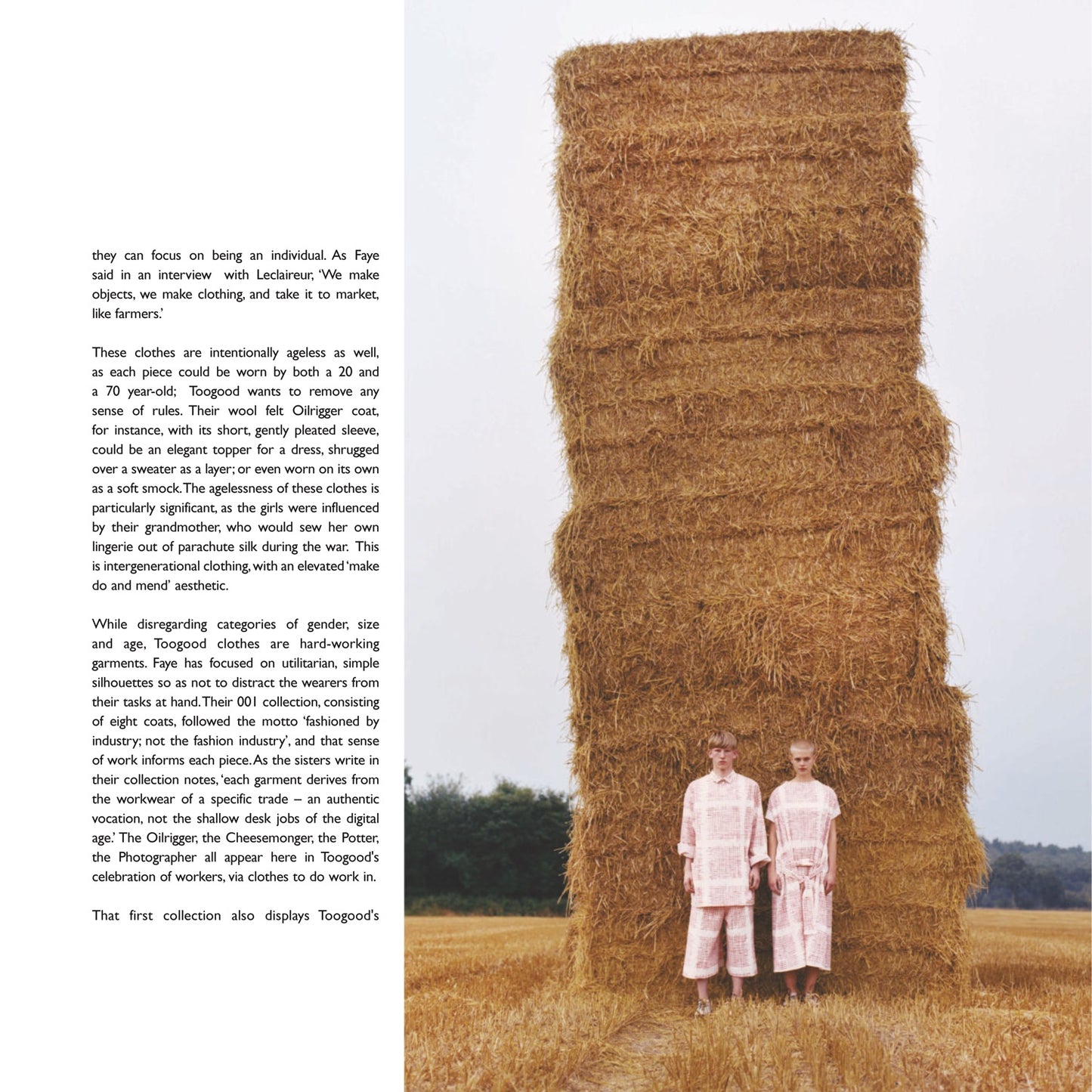
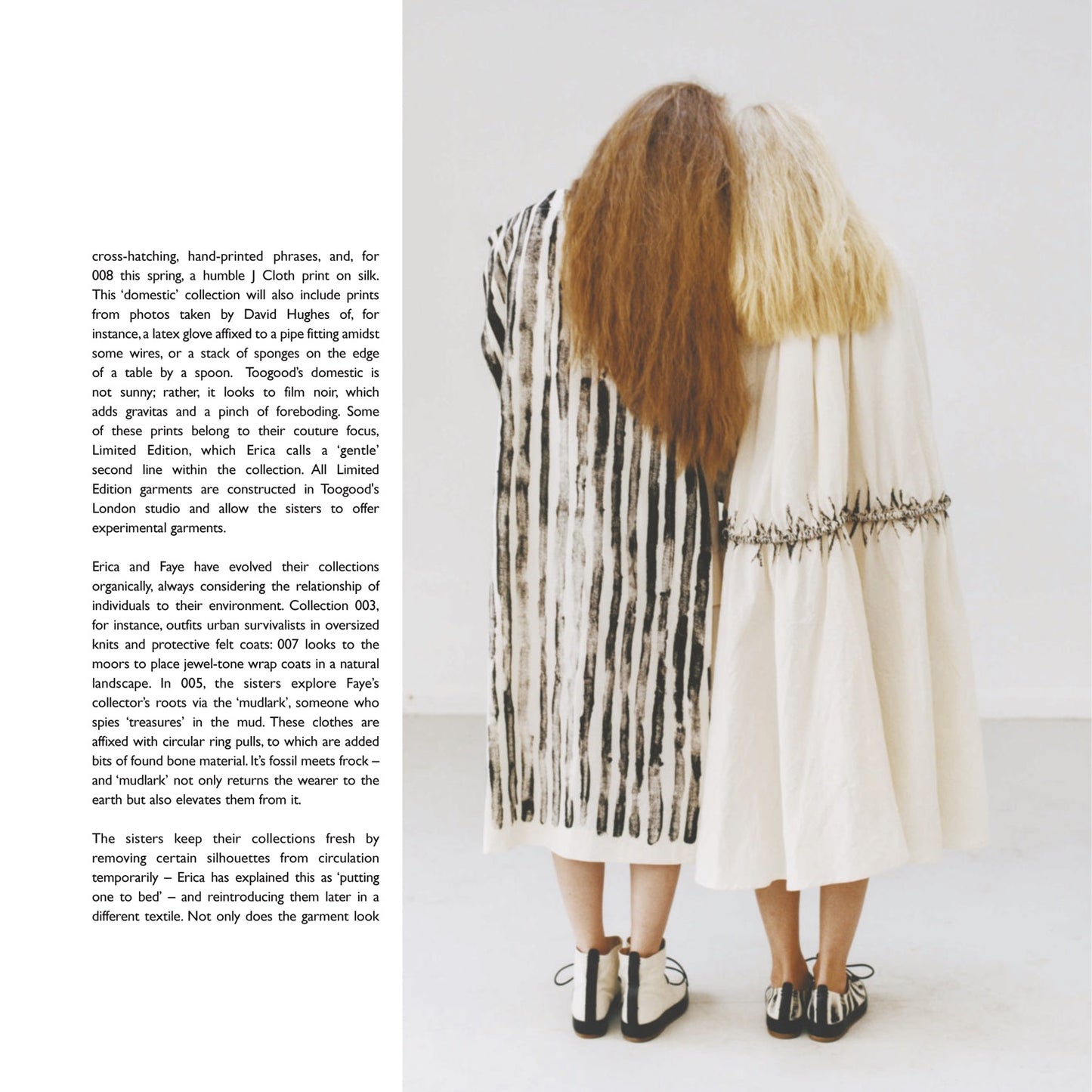
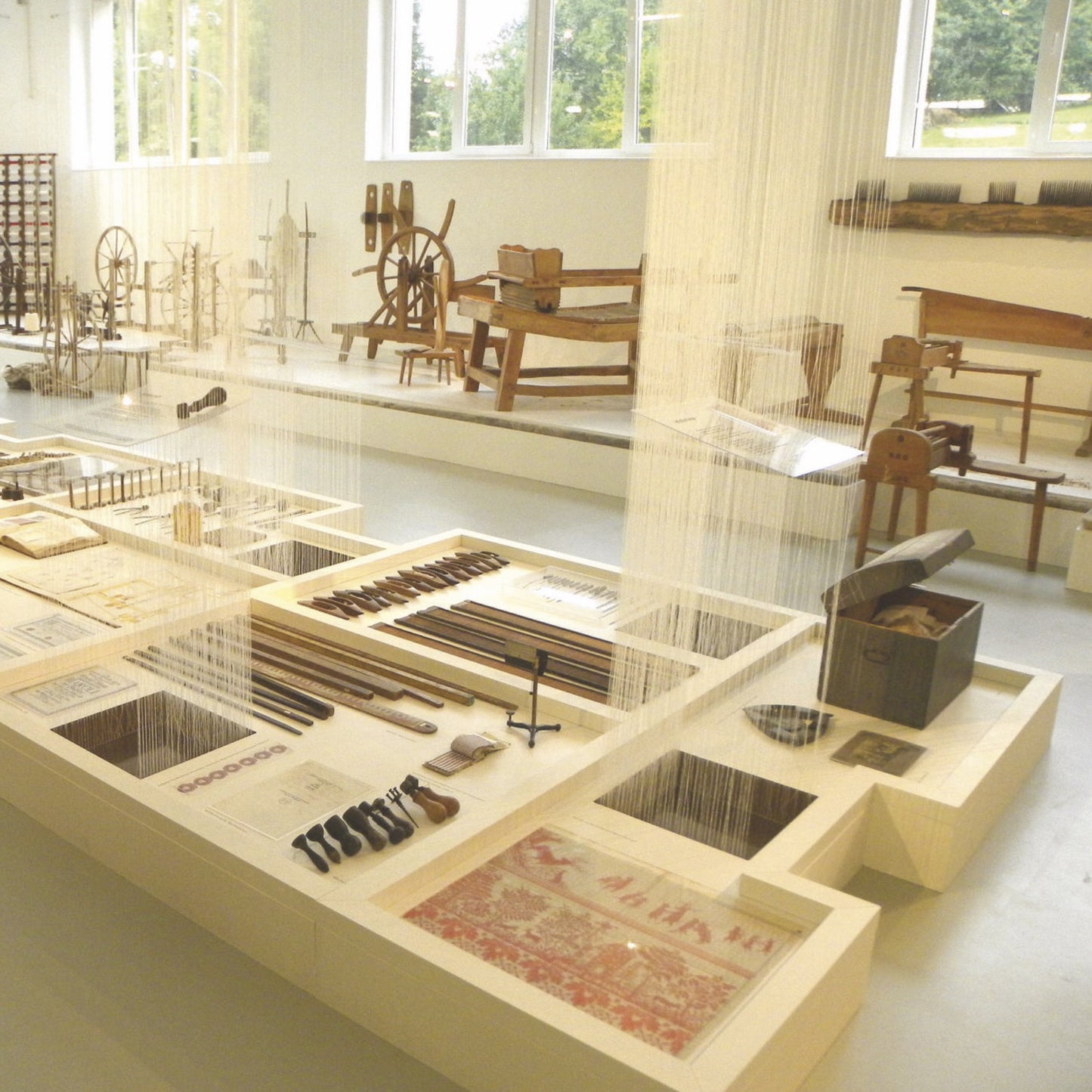
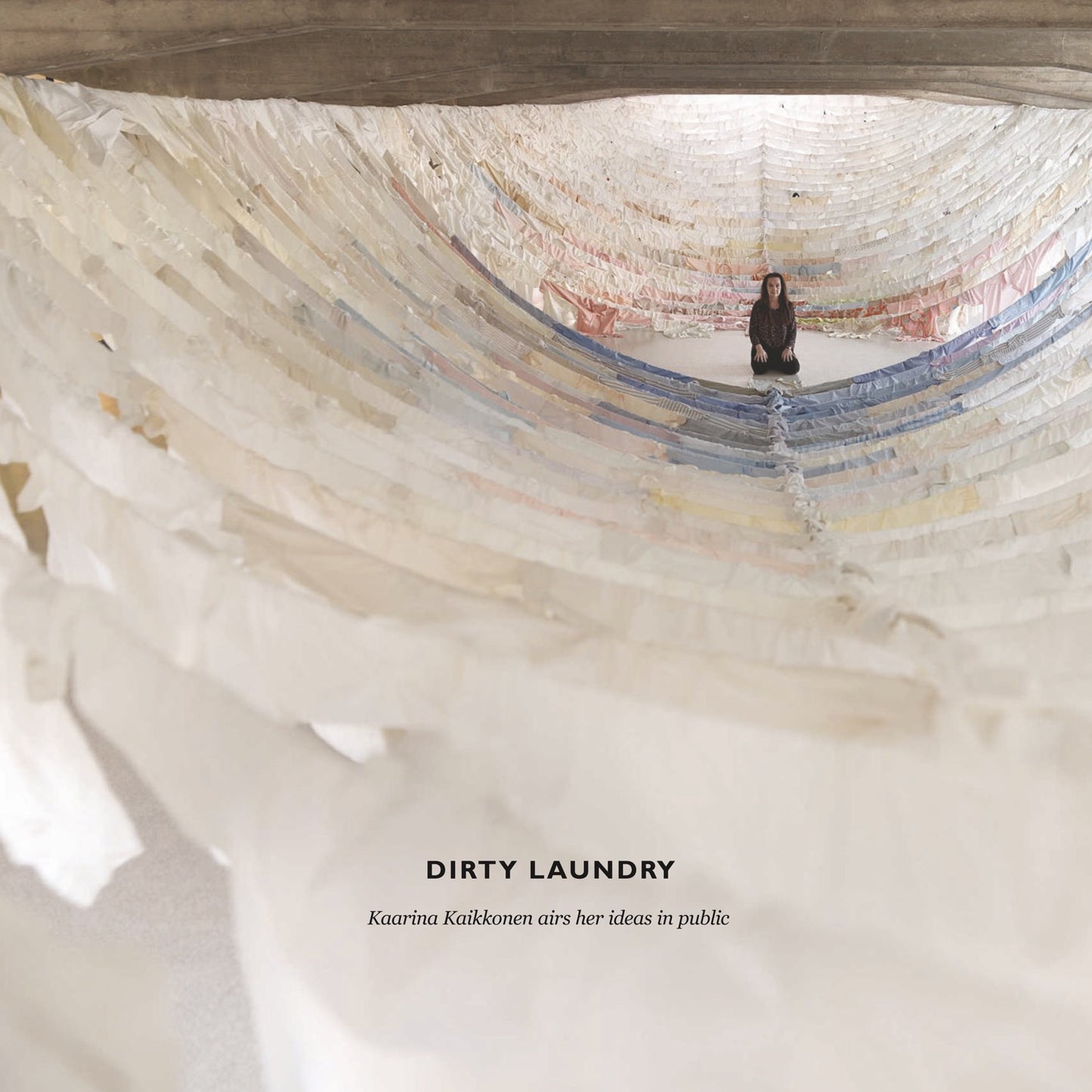
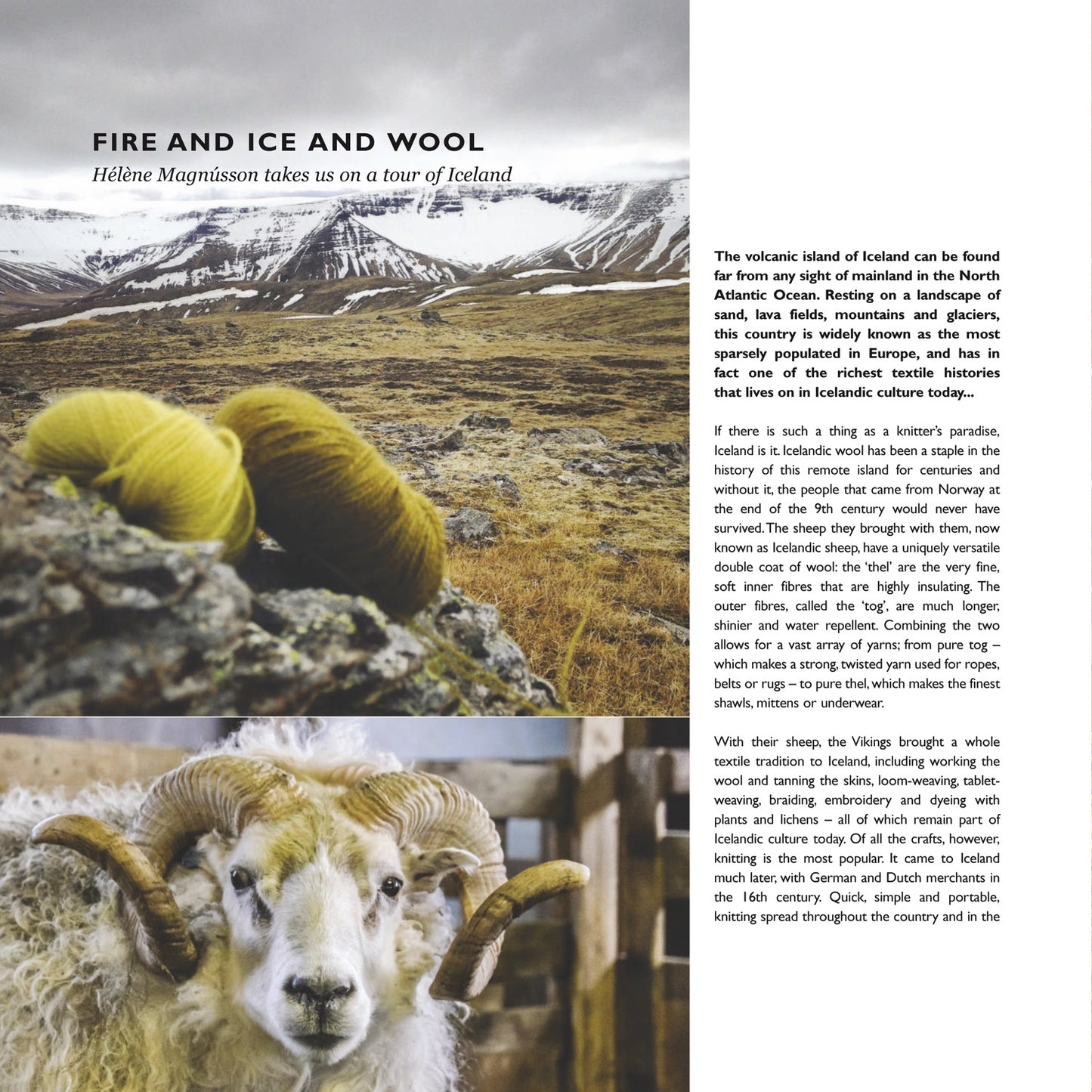
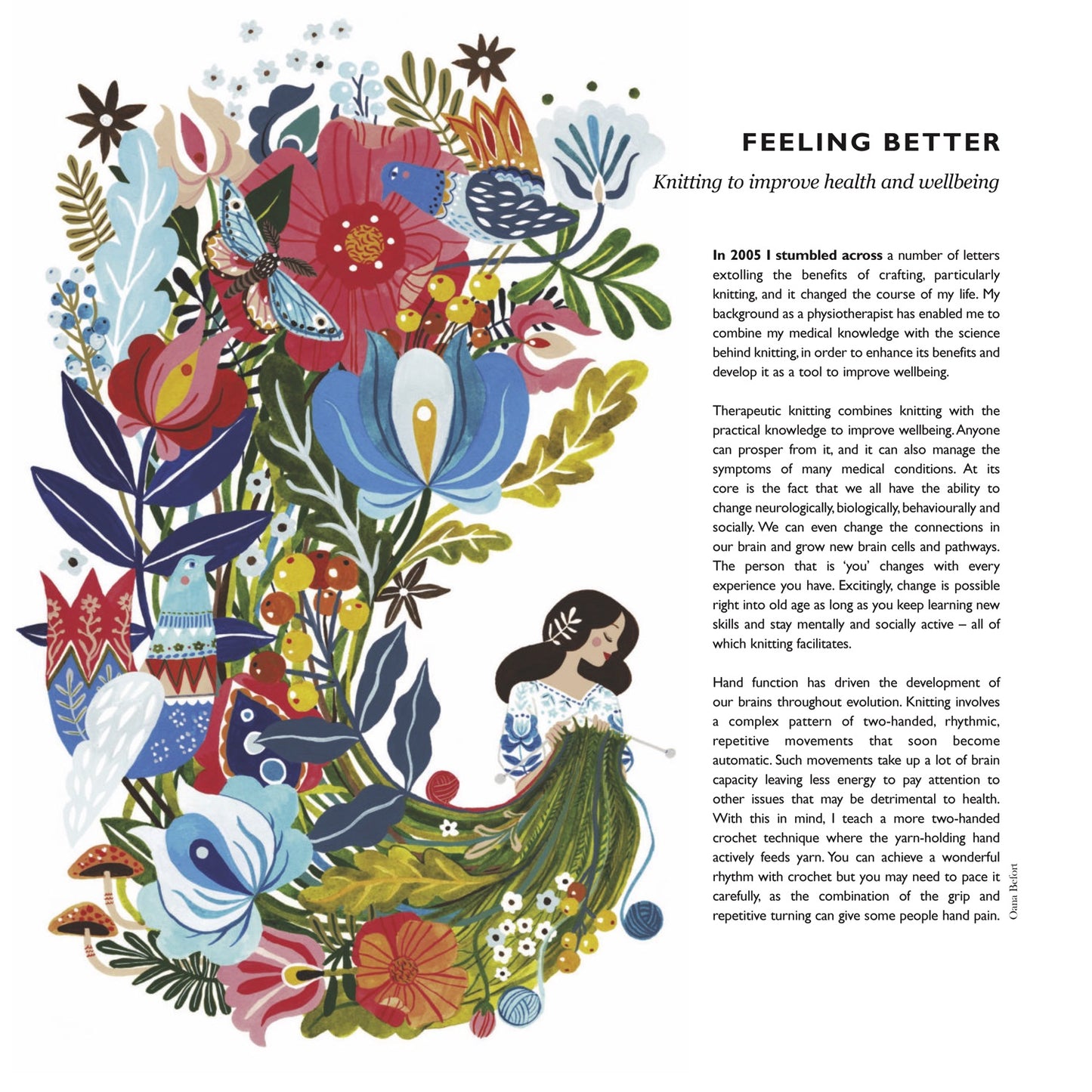
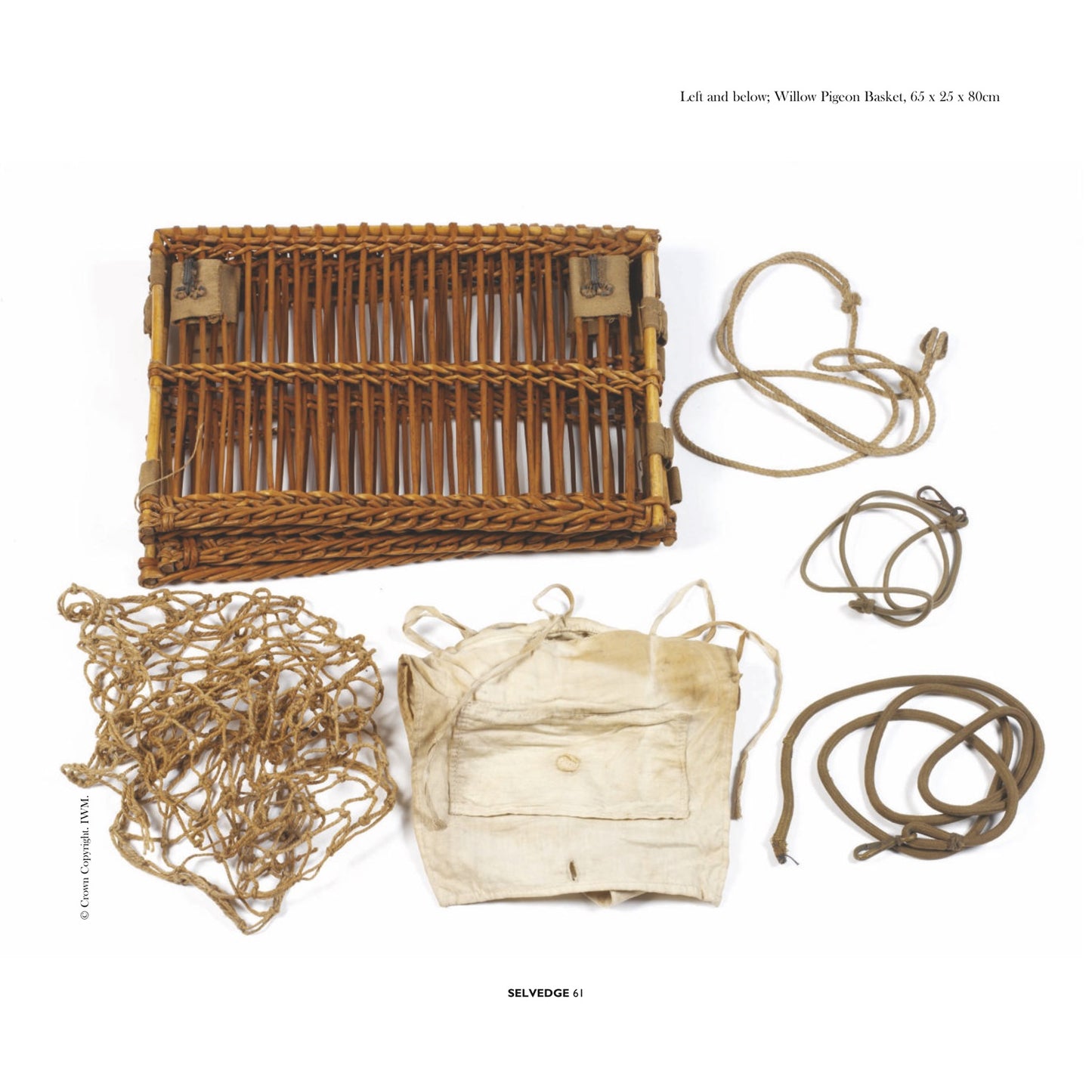
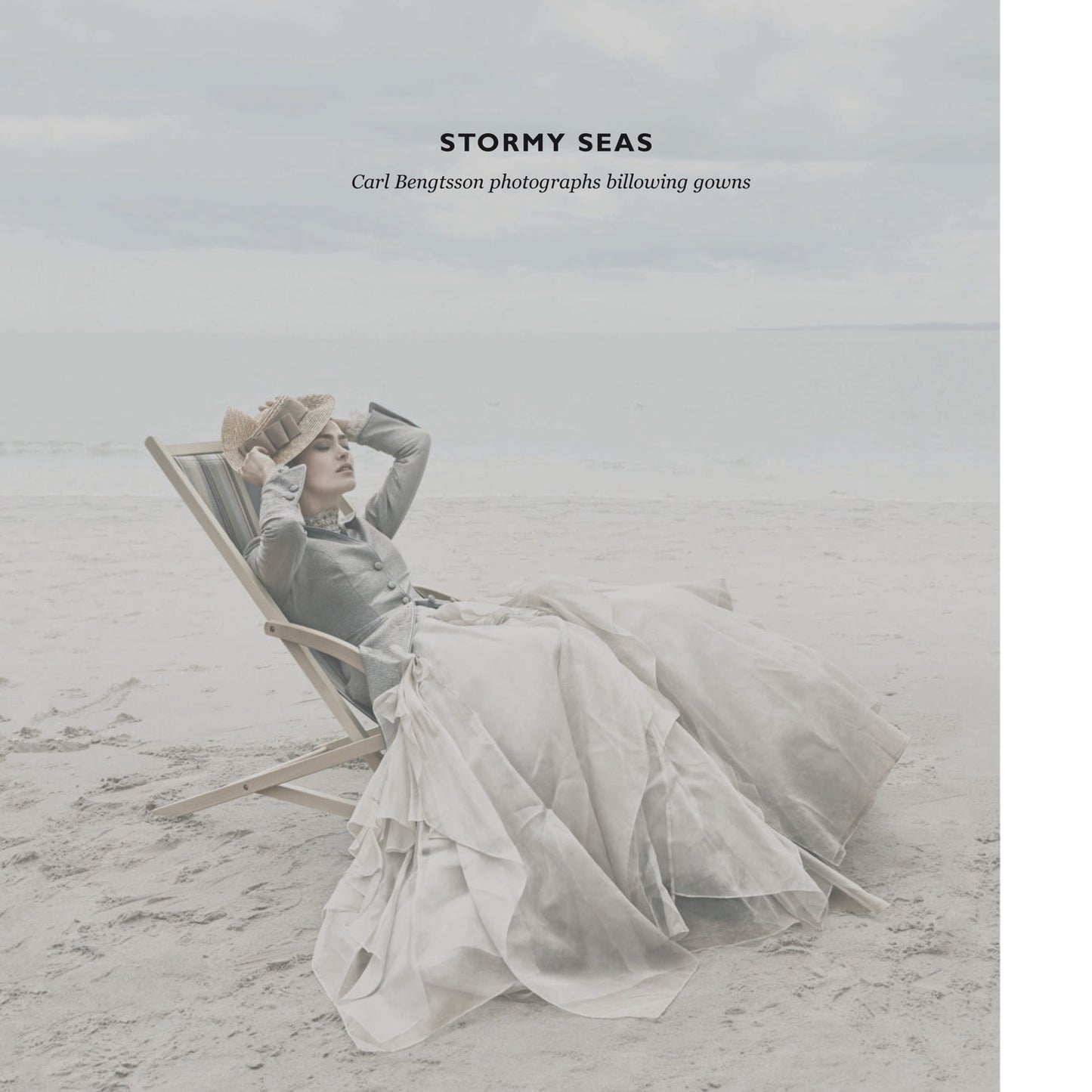
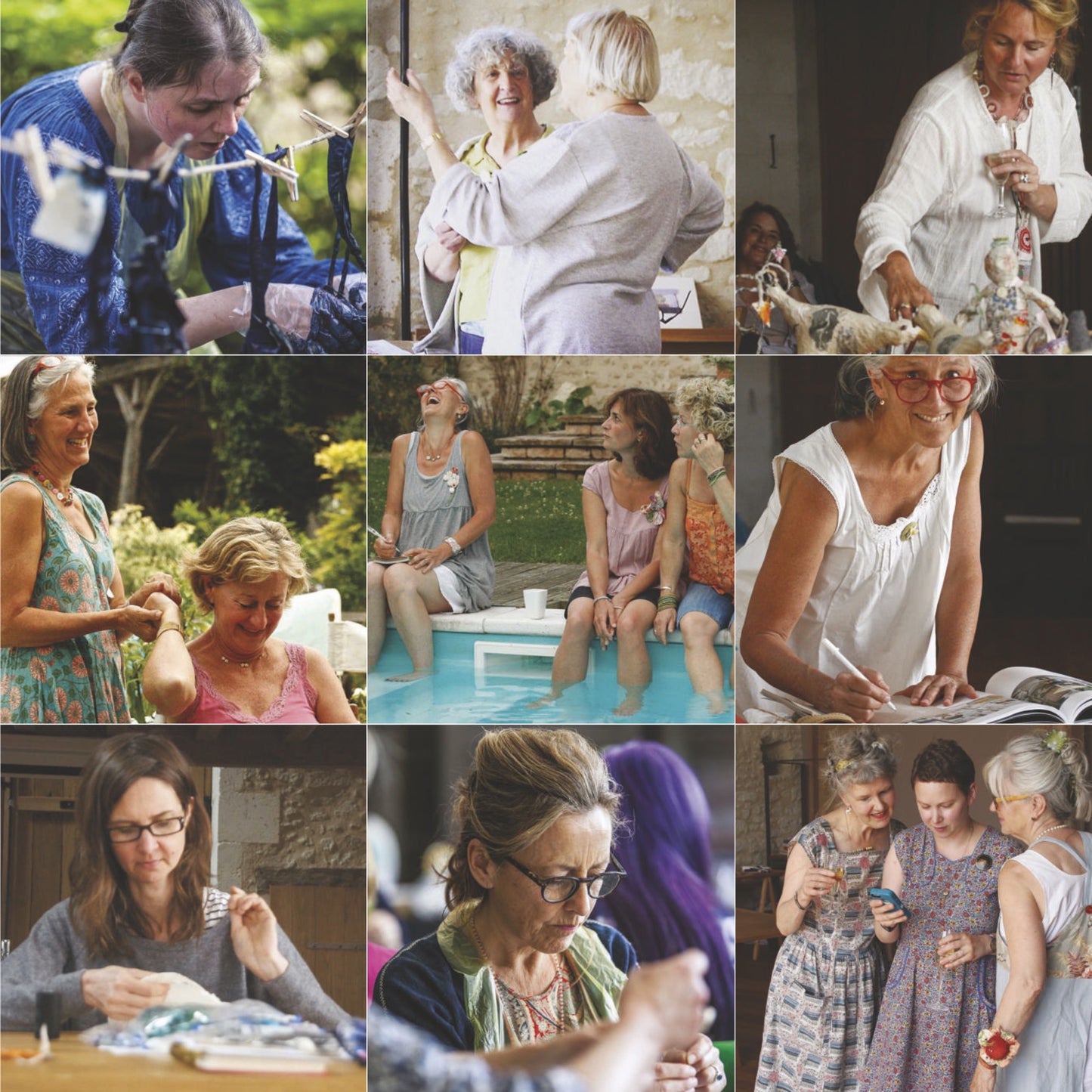
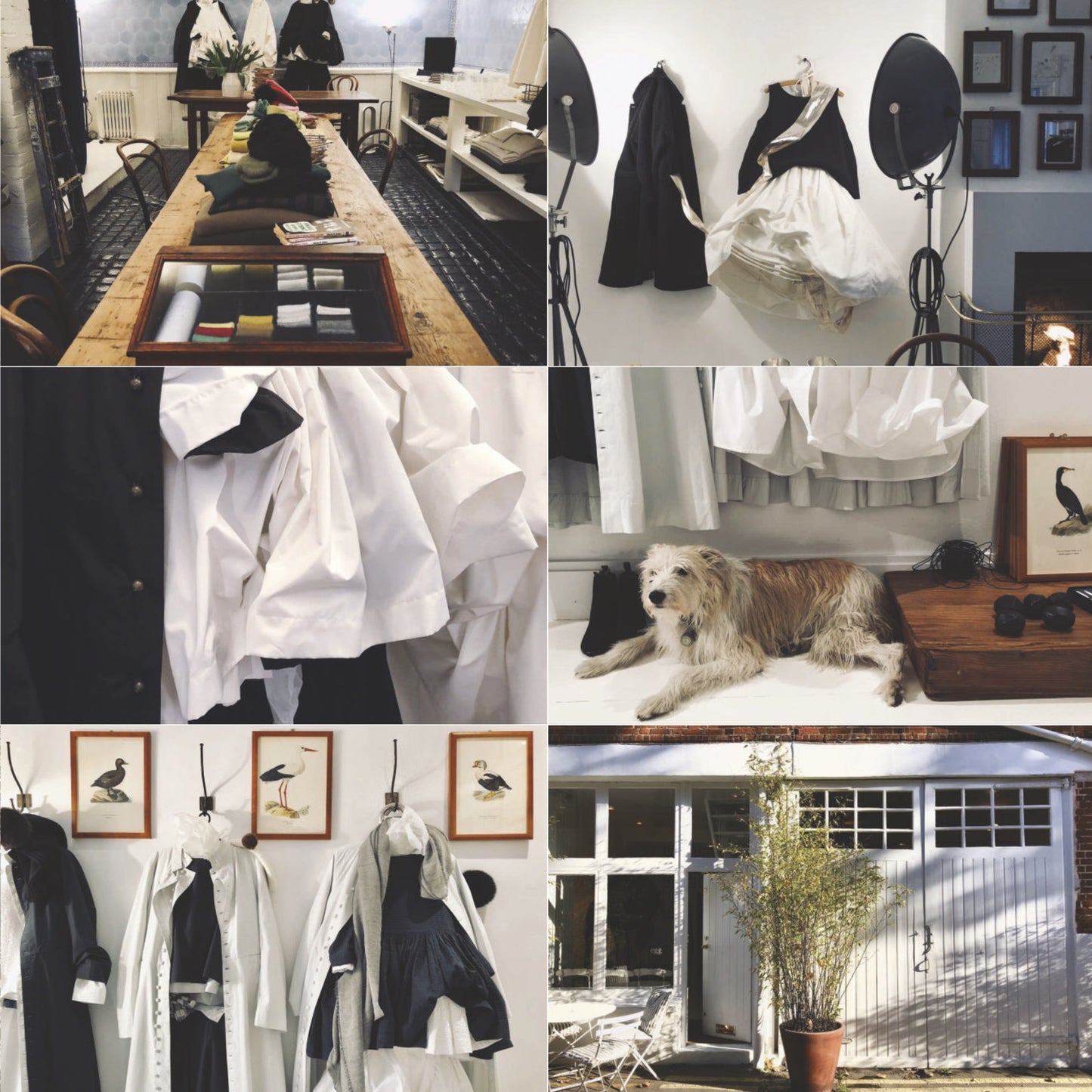
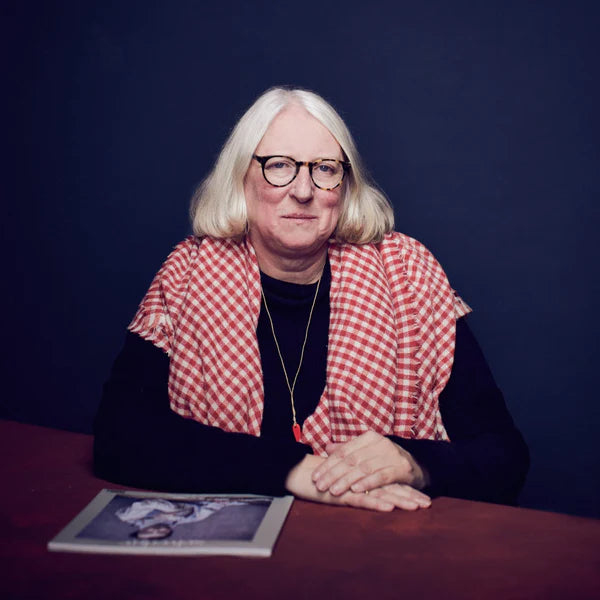
A truly enjoyable read
This magazine is a joy to read on every level. It is well researched, interesting and beautifully written. It cleverly connects the distant past with cutting edge current practice and has inspired me to learn more about both. Now I want to read more!
Visually very satisfying and intellectually stimulating
I always find Selvedge Magazine visually very satisfying and intellectually stimulating. I have all the issues in my library and will have to find a good institution to donate then to when the time comes. I remember getting issue 00 at some conference or meeting in the US when you were first starting out. Bravo again for so many years of sharing the joy of textiles in all its varied forms with all of us.
Congratulations on your vision!
I’ve just been looking up your magazine, and absolutely love it! It seems like it knits together all the slices of delight that are left over in our soul when we are spent with our daily survival transactions…..congratulations on your vision!
I treasure each issue
Your exquisite magazine - I treasure each issue and feel fortunate to receive it.
Selvedge endlessly nourishes my soul
Selvedge endlesslynourishes my soul. Much love and gratitude to Pollyand the Selvedge clan.

